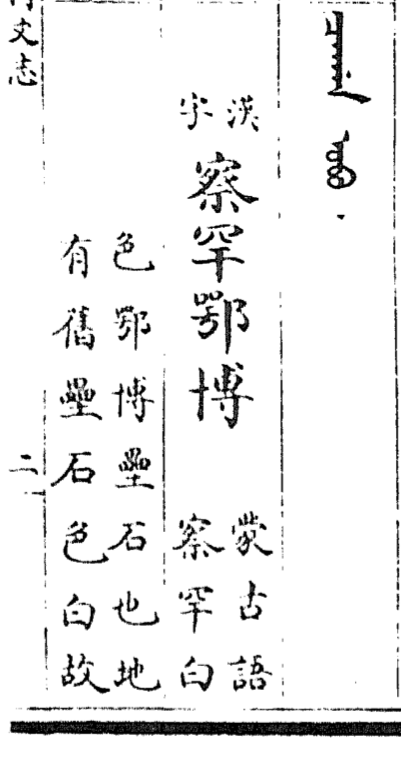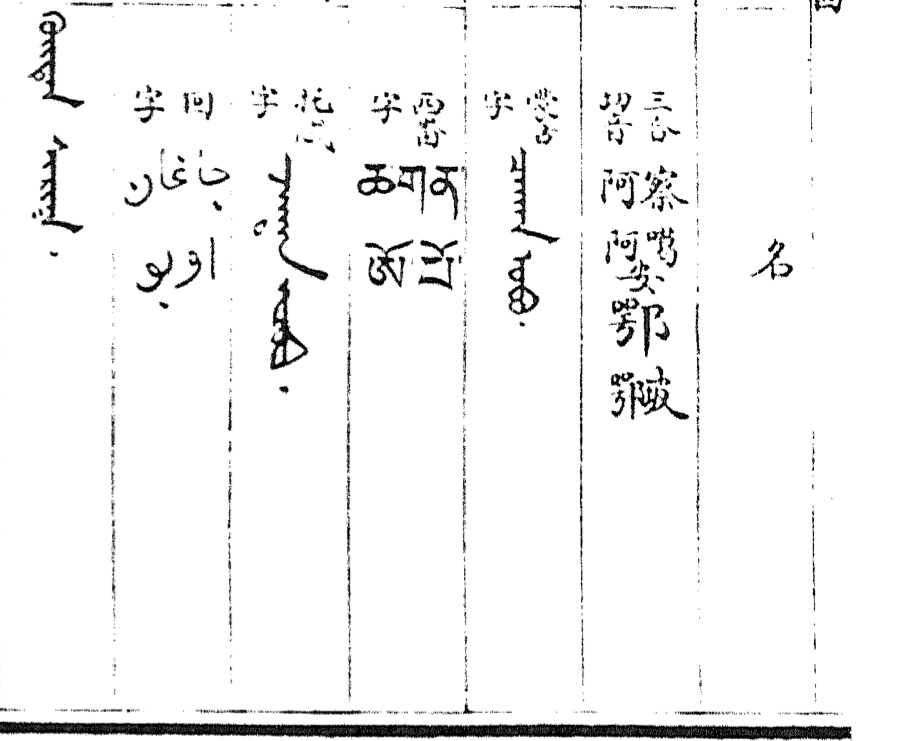Apologies that this is a bit off the main focus of the forum, but there aren't any Mongolian or Tibetan stacks yet.
There are dozens to hundreds of Chinese sites repeating each other that Qarhan (察尔汗)—an important playa in Qinghai that gets called a 盐湖 apparently because Chinese doesn't distinguish between salt flats and salt lakes—is a transcription of a Mongolian name meaning "world of salt" (盐的世界) or "salt pond" or "salt marsh" (盐泽). None of those sites offer the supposed Mongolian word and apparently none can, since there's no Mongolian word for "salt" (let alone "world" or "lake") that sounds even vaguely similar.
The larger Qaidam Basin (柴达木盆地) around Qarhan also gets glossed—also incorrectly—as a transcription of a Mongolian name about salt, which shows what's probably going on with Qarhan. The Tibetan word for salt is ཚྭ (Wylie: ''tshwa'') which would get transcribed ca in Tibetan Pinyin if it were coming over directly. It gets turned into ᠴᠠ (''ča'') or ца ("tsa"), however, in Mongolian which the Chinese system romanizes as qa.
So it looks like Qarhan should be from a Tibetan word about salt.
There's nothing "world" or "pond" or "marsh" that even remotely fits, but the Tibetan word for "plain" or "flatland" seems to be ཐང (''thang'') so maybe the original name was something like "salt flat" and and was written ཚྭ་ཐང་ or ཚྭ་ཐང་།... Maybe?
But do any of y'all know enough about Tibetan, Mongolian, Chinese transcriptions, or Chinese Baidufu to be able to find out what actually happened there? Default Google just keeps washing up more sites repeating the obviously wrong and obviously copied-from-others'-work story about it being directly from Mongolian.

